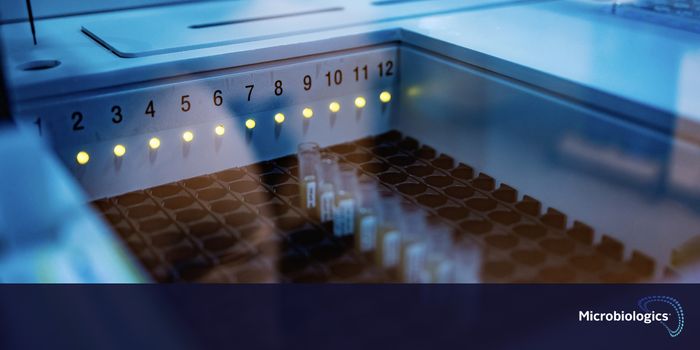LIBRA-Seq ID's a Potent Antibody to Fight COVID-19
Humans can produce millions or even billions of antibodies, so only so many can be captured and screened. But those antibodies are generated by B cells, and researchers have developed a method that can assess the DNA sequences of B cells, while also detecting how their antibodies interact with antigens. This method is called LIBRA-seq (linking B cell receptor to antigen specificity through sequencing). Now, researchers have been able to apply the LIBRA-Seq tool to the COVID-19 problem; LIBRA-Seq was used to screen antibodies and find the ones that can neutralize the SARS-CoV-2 virus, which causes COVID-19.
In this study, published in Cell Reports, the researchers isolated B cells from a patient about three months after they'd been diagnosed with COVID-19. The patient was found to produce potent antibodies against the virus. When the researchers screened these B cells, they identified 73 candidates, and chose nine of the best ones based on genetic characteristics like heavy chain variable region (CDRH3) length, which confers one aspect of antibody specifity. The researchers confirmed that the cells produced neutralizing antibodies with an ELISA assay. One of the cells did not produce neutralizing antibodies, while five showed high efficacy against SARS-CoV-2. They were also highly specific; the antibodies did not bond to other coronaviruses except for SARS-CoV.
Learn more about elisa kits at My BioSource.
One of these neutralizing antibodies they identified was especially potent, and tests suggested that it would remain effective against any of the current SARS-CoV-2 variants of concern. It targets the receptor binding domain of the viral spike protein, and binds to the domain extensively. The researchers suggested that it may be effective against emerging variants as well.
"It would have been impossible three or four years ago to move at the speed that we are right now," said Ivelin Georgiev, Ph.D., director of the Vanderbilt Program in Computational Microbiology and Immunology. "A lot has changed in a very short period of time when it comes to monoclonal antibody discovery as well as vaccine development."
We're lucky to have so much technology available too, but we have to make sure we can effectively deploy it before the virus gains the upper hand.
"If we give the virus enough time, there will so many other variants that arise." Any new variant might spread faster or cause more serious illness. "That's exactly why you need to have as many options as possible," Georgiev continued, and this research "basically gives you another tool in the toolbox."
Sources: Vanderbilt University Medical Center, Cell, Cell Reports
-
MAY 07, 2024Is It Anti-RNP or Anti-Sm/RNP?
- See More
-
APR 30, 2024Immuno-Oncology Virtual Event Series 2024
-
MAY 07, 20243rd International Biosecurity Virtual Symposium
-
JUN 06, 2024The Future of Scientific Conferencing
- See More


















































